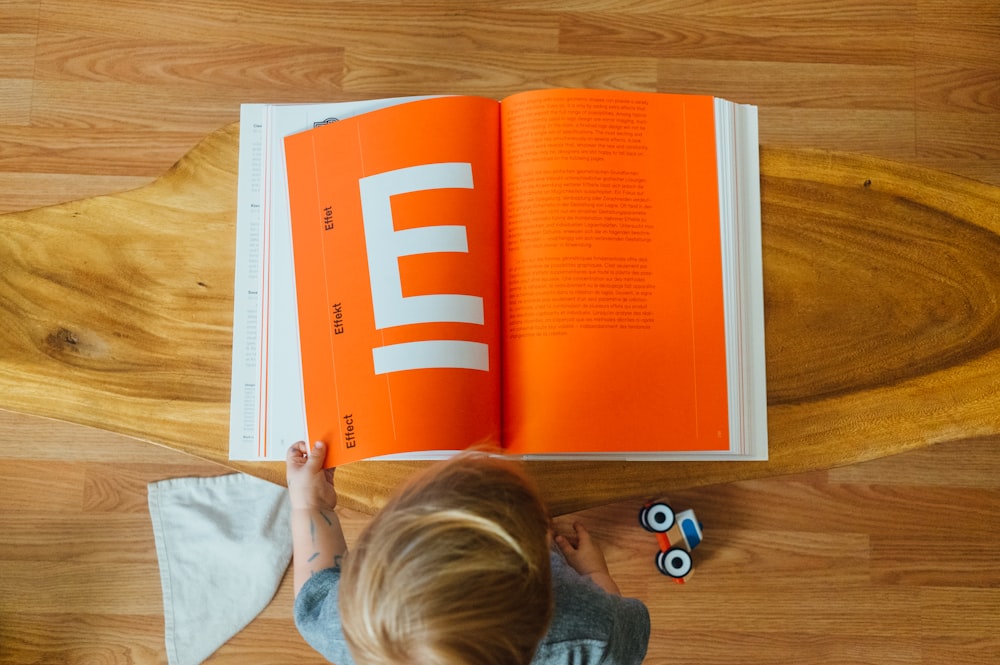
“Learning is more effective when it is active rather than a passive
process”- Kurt Lewin.
From the days of
open-air schools in the 18th century to the modern world of Edtech apps, The Indian education system has been turned on its head. India has the world’s
largest population in the age bracket of 5-24 years and this provides a great
opportunity to the education sector.
We all know this
pandemic has brought about scenarios of 2030 much earlier than expected- in 2020, which
has also forced pre-schools and schools to adopt e-learning and continue with
their curriculum.
I strongly feel
what OTT platforms are to our film industry, the Edtech platforms are to the
schools. The Edtech platforms were taking away school and college students, by
explaining complex theories easier to understand, also enabling the irregular
students to gain affordable degrees or diplomas online. Now schools have
understood, to keep up with the modern world, we will need to adopt Edtech
functioning. Colleges and universities have taken their courses online, the
Amity Group now offers degree programs with university guidelines.
Jaipur-based IIHMR University plans to expand the teaching module through the
digital segment and has collaborated with resources that can help them provide
this.
Barriers of
E-learning to kids-
Coming back to how
kids may get affected to continuous exposure of screen time to kids of age 3 to
7, may end up getting specks at a very young age. You cannot expect a kid
to sit in front of a screen for straight 45mins to an hour, without moving from
a place; especially when they are at home.
Keeping children
away from schools for long periods can reduce motivation for learning, trigger
gradual loss of acquired knowledge and adversely affect personal development.
But eLearning is only useful when technology bonds with pedagogy in the right
way. While the channel of transmission is mainly from teachers to pupils or
students, virtual learning for children at the early stages is virtually
impossible without parental guidance.
In physical
learning, teachers rely on features of the social environment to pass on
knowledge. Some aspects of the physical setup can be replicated on virtual
platforms, like splitting a Zoom classroom into groups, but without physical
touch, there is a limit to the knowledge that will be transmitted.
Of course, the
number of roles a parent has to play are numerous, to ensure that E-class goes
smoothly without technical glitches. The mother has to juggle several roles
like; she is co-teacher, helping explain parts and aspects of lessons that
don’t come through clearly. She is a physical therapist and learning companion,
ensuring her child takes thirty-minute breaks away from the screen to stretch
and practice lessons. She sets up the home-side of the virtual classroom and
has to regularly monitor the screen in case there’s a break in connection. The
most common fear among parents is the screen time, as children spend a lot of
time on digital stuff and they will probably grow up not having the roundedness
required to survive in a tactile world.
Let's take look on
how schools in Dubai are adapting to this E-learning:-
Schools across
Dubai are offering virtual counseling sessions for students and parents to
ensure their mental well-being amid the Covid-19 situation. Some sessions aim
at helping parents facing pay cuts and job losses, while others help guardians
keep their kids engaged as they e-learn from home.
Counselors are
offering guidance to parents on managing anxiety and stress related to job
losses and pay cuts. They are holding webinars from 11:30 to 1 pm with parents
to understand their mindsets and concerns regarding salary cut-offs or layoff
or any other matter.
Meanwhile, for
kids, they will host weekly video calls for parents to discuss things ranging
from mental wellbeing to issues with children's home classes. The school aims
to mitigate parents' anxieties related to e-learning. Melissa Skiles, head of
Inclusion of the school, said: "One of my colleagues would hold weekly
support sessions on mental health and wellbeing, whereas my focus will be on
managing and supporting learning and behaviors at home."
We sometimes assume
that kids are digital natives and that they know how to engage in a digital
learning environment. Still, a lot of those behaviors don’t transfer when you
are trying to adjust to a class environment. Hence, we need to think about the
pattern of online lectures and make it useful and learning-friendly platform to
keep students intrigued.
Written by - Soham Upadhye
Edited by - Bushra Makhdoomi








0 Comments